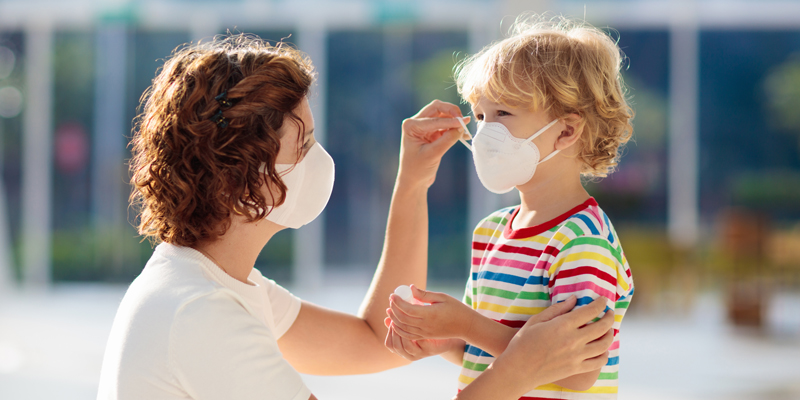As you read this blog piece, more than 5.75 million people around the world have been confirmed to have the infection and nearly 3,50,000 people are known to have died from the deadly coronavirus. That’s how far and wide COVID-19 has impacted those living around us. With no clear vaccine or cure in sight, people are clenching their fists and looking up to a new form of normal to live by. Undoubtedly, health preparedness is emerging as the name of the new game.
As we citizens of the world hopefully pray for the pandemic to be brought under control in the near future, a profound change in the field of healthcare is being anticipated. Governments and countries that have learnt the lesson the hard way will have to show preparedness by re-positioning and prioritising healthcare on their political agendas, to save the global economy.
Healthcare for All
As they fight hard to reverse the positive measures they now have in place, Governments will have to match up to people’s awareness and knowledge of the role of global healthcare in fighting a pandemic. Governments and healthcare institutions will have to work hand in hand to provide greater and easier access to quality healthcare for all.
Countries should embrace international collaboration, to keep the world healthy and safe. Hopefully, healthcare will gain popularity among the masses and attract a large number of young people to various disciples of healthcare, who will be inspired and motivated to pursue health education as a means to promote healthcare interconnectedness.
Vulnerable healthcare communities across the world will have to work on strengthening their own home grown and local capacities and expertise to increase the possibility of mutual learning between countries and sharing of healthcare knowledge across the world. This in turn will help communities become more independent and self-reliant.
A Humanitarian Approach
Basic human rights of health including medical care, housing, food, water and sanitation, will have to form the bedrock of global health. Enjoying the highest attainable standards of health will need to be regarded as a fundamental human right and a key component of national security for citizens.
In the future, companies affected by crisis should maintain peace and harmony amongst each other to reduce conflicts and rely heavily on humanitarian measures to tackle the situation. Governments should ensure that support for vital humanitarian operations are carried out by agencies worldwide.
While the post-pandemic world will pose new learning grounds for global healthcare enthusiasts, care should be taken to re-imagine global healthcare by minimising the effects of negative consequences and choosing solidarity in approach. A social safety net must be built for all citizens, even in high income countries, and all measures should be taken for data transparency and sharing of knowledge and products in times of future pandemics.

